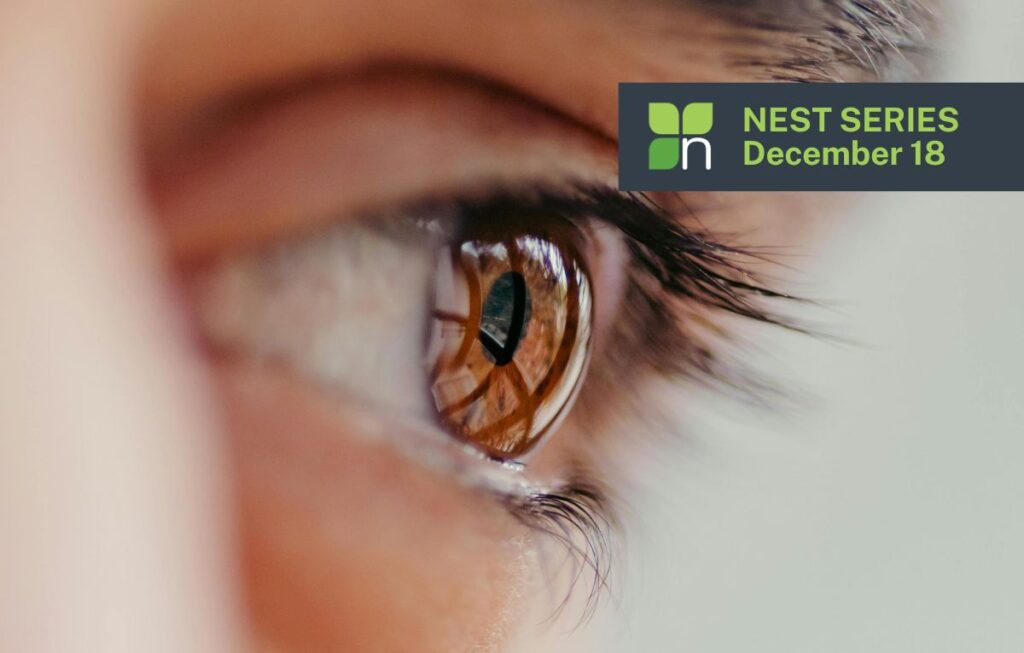
Thursday, December 18, 2025 | 9:00 – 10:00 AM | Zoom
Featuring Dr. Lisa Dok, OD, FAAO, FOVDR | Optometry & Vision Rehabilitation
Vision and oculomotor disorders (eye movements) are a common sequelae of traumatic brain injury (TBI), including concussion/mild TBI. In this lecture, Dr. Lisa Dok, OD, FAAO, FOVDR Optometry & Vision Rehabilitation, will provide an introduction to visual disorders that can occur following TBI including, but not limited to, common disorders of binocular vision (convergence insufficiency, divergence insufficiency), photophobia, defects in stereopsis, accommodative insufficiency, changes in pupillary function, visual fields deficits, and their functional impact. The relationship between the vestibular system and eye movements will be briefly addressed in order to better understand potential vestibular contributions to eye movement disorders following TBI. Dr. Lisa Dok is a board certified optometrist with a clinical focus on vision development, rehabilitation, and neuro optometric care. She has extensive clinical experience in the assessment and treatment of visual dysfunction related to brain injury, binocular vision disorders, strabismus, and amblyopia.
About NEST
The Neurotrauma Evidence Synthesis Training (NEST) is a traumatic brain injury (TBI)-focused, mentored, evidence-synthesis training program which is currently training and mentoring a cohort of trainees to conduct evidence-synthesis projects from inception to publication including systematic reviews, meta-analyses, scoping reviews, and umbrella reviews. NEST is supported by the Endocrine & Brain Injury Research Alliance, Helfgott Research Institute and the RAND REACH Center, a National Institutes of Health (NIH) initiative, under award number U24AT012549. The content is solely the responsibility of the lecturers and does not necessarily represent the official views of the National Institutes of Health.